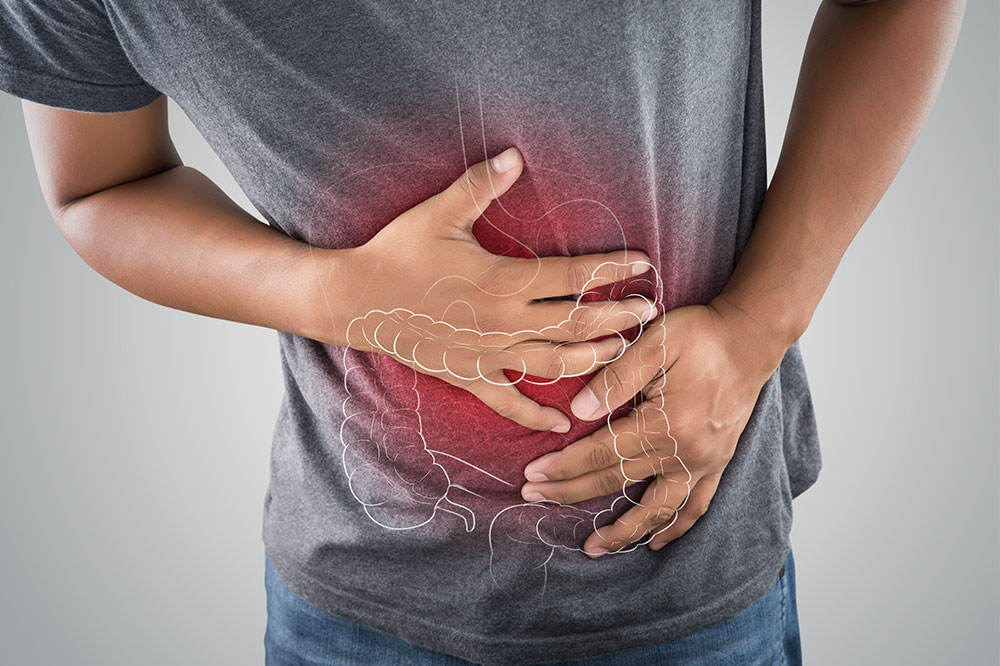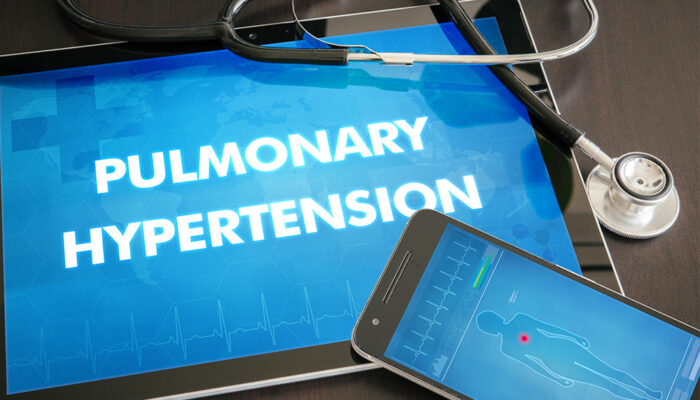
Early Symptoms of Colon Cancer
Colon cancer begins in the cell lining in your large intestines. According to some researchers, it may also appear in your rectum. Not many know this but it is one of the leading causes of cancer deaths in the country. But avoiding these complications by recognizing these early symptoms of colon cancer is possible. Read on to know more.
1. Bleeding
Rectal bleeding is a tell-tale sign of colon cancer that appears in the rectum or the lower colon. Watch out for bright blood stains on your toilet paper or light pink water in the toilet bowl. These could be signs of rectal bleeding. If you also notice persistent change in your bowel movements followed by dark, tarry stools, it could be sign of blood.
2. Stomach Pain
People with colon cancer often complain about persistent abdominal pain. The pain may begin suddenly and last for a while. Colon cancer originates in the large intestine that can interfere with your bowel movements. Therefore, you may experience cramping and bloating.
3. Change in Bowel Movements
Observe changes in your bowel movements. If you have trouble going in the morning, looser or runnier stool, or regular spells of diarrhea, it could be one of the early symptoms of colon cancer. You may also feel that your bowel is never fully empty, also known as tenesmus. If you feel like your bowel movement was incomplete or you feel the urge to go even if you just came back from the toilet, consider it a red flag.
4. Inexplicable Weight Loss
If you feel like you are losing weight even without making any efforts, it is a warning sign. A large tumor in your colon can cause an obstruction that can affect your bowel movements. Sometimes, cancer cells also release substances in your bloodstream that alter the way your food is transformed into energy. These factors can be the reason why you may experience weight loss due to colon cancer.
5. Fatigue
Someone who has colon cancer may feel weak and fatigued. It is possibly due to overconsumption of energy by cancer cells and stress caused due to bowel movements. If you experience chronic fatigue that doesn’t go away even after rest, you must discuss this with your doctor for further evaluation.
Colon cancer is a sneaky condition because most people exhibit symptoms only during its advanced stages. That is why it is necessary to get checked for colon cancer by the age of 45. People with family history of this condition can get screened sooner.
In itself, these symptoms are normal and unalarming. But if you experience more than one symptom consistently, it is time to schedule a visit to your doctor.



